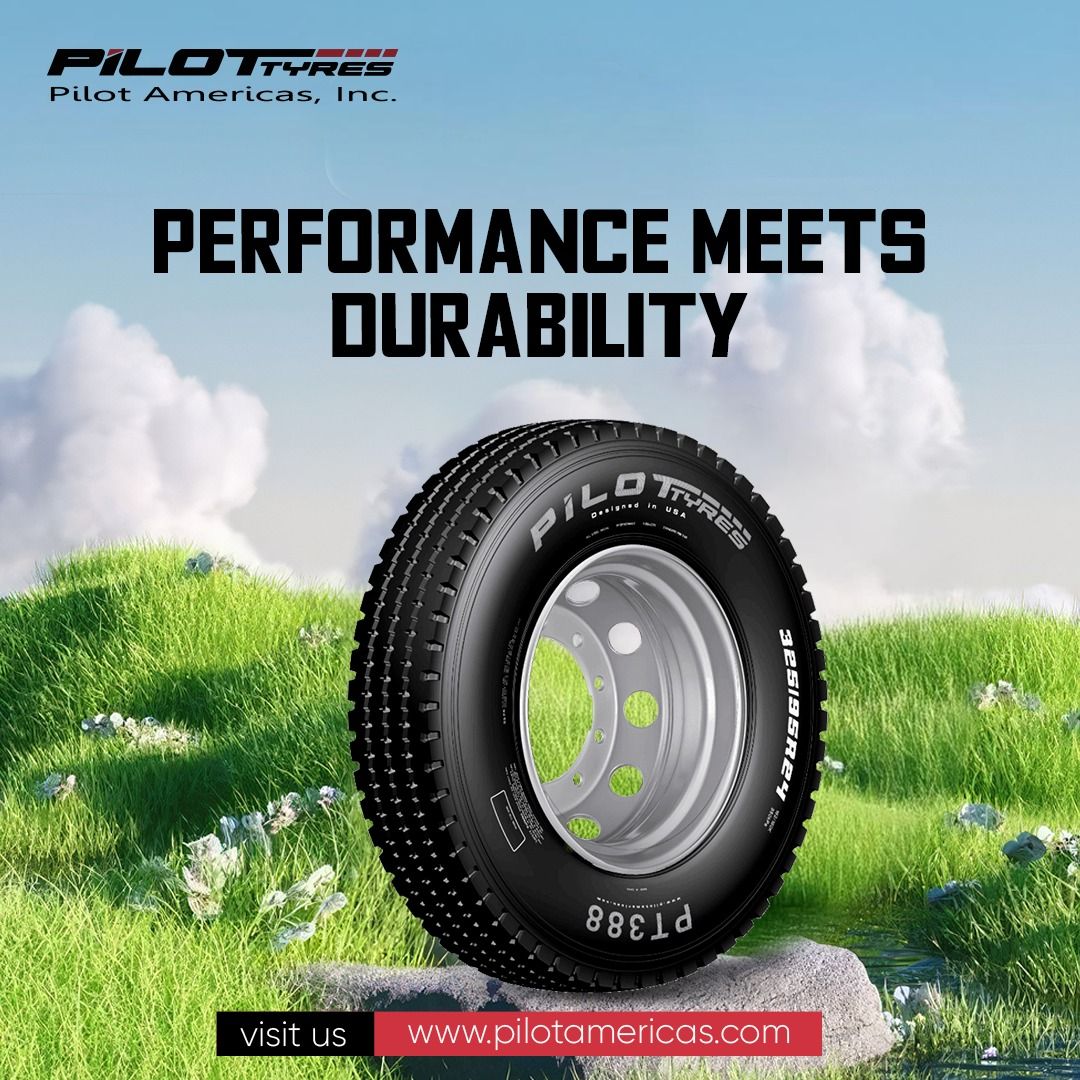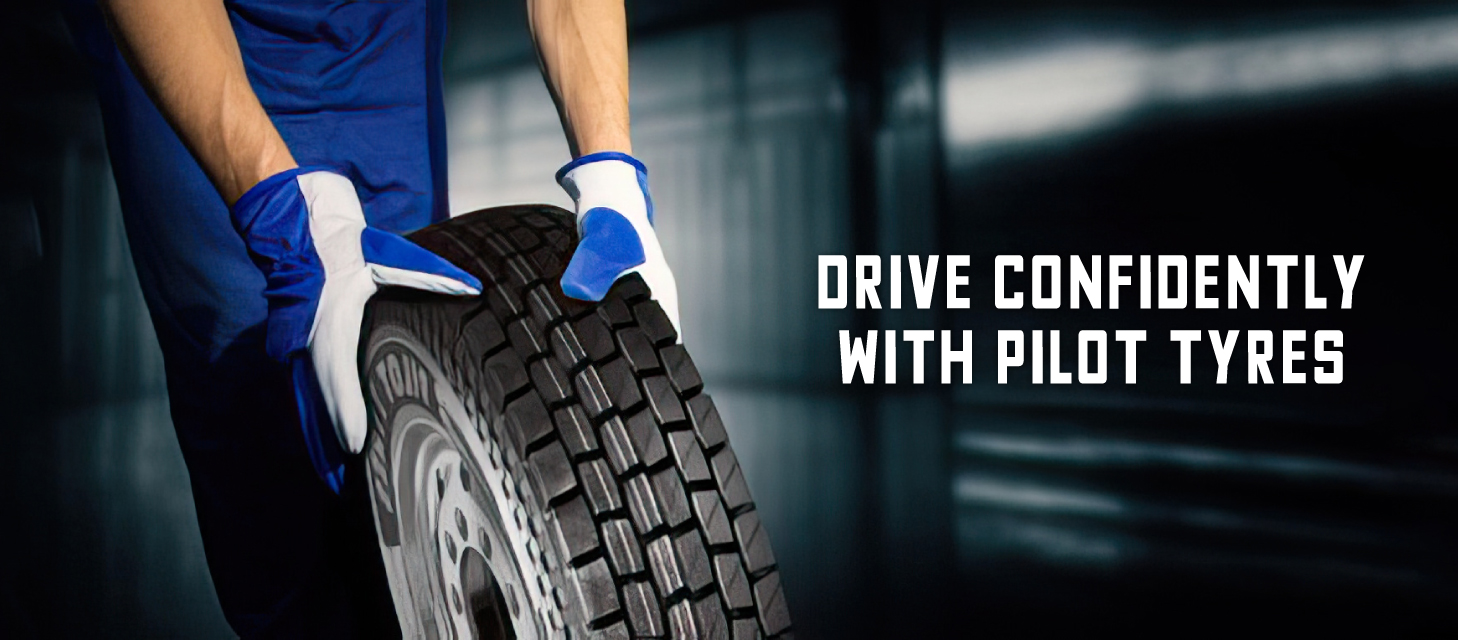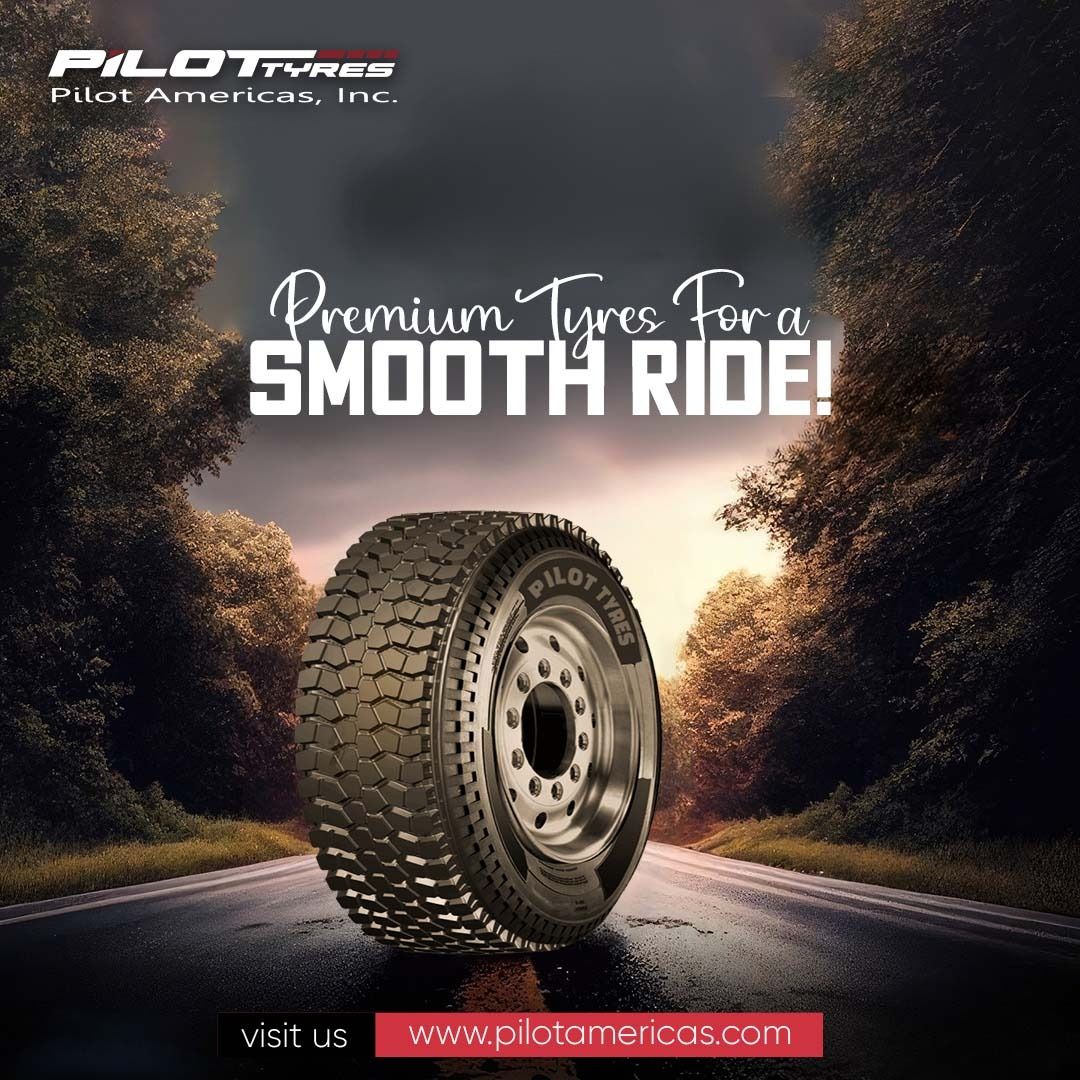 Categories
Categories Tire Management for Optimal Performance
Do Tyres affect your vehicle’s performance?
When you discuss the performance of any vehicle, the engine is the first thing that comes to mind. Transmission, torque, and horsepower are the key factors that determine how well your vehicle performs. However, consider tires and how they impact the performance of your vehicle. They are a part of the vehicle that directly comes in contact with the road. Exposure to various road conditions directly affects your vehicle’s performance, and your tires will play a critical role, especially for commercial fleets under challenging conditions.
Understanding the Driving Conditions
Apart from understanding the vehicle’s components, it is crucial to understand the driving conditions the tires will face. The The middle east and Africa market is a particularly demanding region when it comes to terrain and road conditions for commercial vehicles. Maintaining your fleet across long distances, never ending roads, and managing the paperwork while working with authorities across the Middle East can be a daunting task. Add to this the scorching heat that the region is well-known for!
Heat is inevitable when working or living in Middle East countries. Unique to the gulf nations, heat plays a crucial role in planning logistics and managing day-to-day transportation tasks. Nonetheless, it is also an essential factor that affects the tires. When planning your fleet management, it is critical to factor in the effects of heat on your vehicle and, particularly, the tires.
Impact on your vehicle
What happens when the vehicles’ tires get extremely hot? With increasing heat, the air pressure inside the tire increases and can result in the tire exploding. If tires are over-inflated, it may obstruct braking and lead to premature wearing of tires. The effect of heat on tires is more significant if the vehicle is on the road for a longer duration since the impact of heat builds up with the passage of time. Due to the hot weather in the Middle East, fleet management is a difficult task as vehicles spend long hours covering massive distances. The tires are subjected to extremer changes in the hottest temperatures for extended periods.
Effect of Heat on Tyres
When tires are exposed to severe heat, friction, heated molecules, and rubber can affect them. Tires rub against asphalt, creating friction that causes excess heating up of tires. Heat causes rubber polymers to vibrate and contract, thus resulting in tire bursts due to excess hot air. Due to the summer heat, heated tires can blow out, so caution is advised.
If you are worried about tires popping during the summer heat, look out for these signs to inspect them:
- Hot to Touch - Tires feel excessively hot upon touch, indicating they are overheated
- Air Pressure - Check the pressure using a tire pressure gauge to check if the tire has excess pressure. This will help you determine if the tire is over-inflated due to heat.
- Tire Pressure Monitoring System (TPMS) - Newer vehicles have an in-built TPMS that indicates low pressure in the tires. However, in some cases, TPMS may not be able to indicate high pressure. Rely on a pressure gauge that displays more accurate information.
Every problem has a solution, and protecting your tires from overheating is no exception. Regular check-ups at local dealerships are a great way to prevent blowouts, and you can also follow these simple measures to avoid blowouts.
- Before driving, check the air pressure. When driving in hot locations, check pressure every 75 miles if you suspect over-inflation.
- Ensure tires do not become excessively thin. There is a higher risk of thinner tires getting blown out. Find out about summer tires that are equipped to handle hot temperatures.
- While driving, your Truck tires should be adequately inflated. Depending on the vehicle, determine the proper amount of air pressure. Regular Truck servicing and maintenance are a must.
Managing Heat Impact
External weather conditions are not in your control. Your vehicles have to endure harsh weather and tough road conditions. Commercial vehicles cannot choose the time of day for the journey, and high temperatures cannot be a reason to keep your fleet off the road.
Managing the risks and heat impact on your tires is the only way to handle harsh conditions. Manufacturers understand the needs and construct tires to handle the demands of the Middle east driving conditions such as high temperatures. They also use rubber formulations to mitigate the heat build-up and design that helps disperse heat.
Pilot Tyres understand the Middle East driving conditions, and our tires are equipped to reduce the negative impact of heat. Built to last and preserve their shape even in the most extreme road conditions, our tires have a unique design with the best quality raw materials. Our tires are cost-effective and built for safe driving in Middle Eastern countries.Get in touch with us to learn more about managing heat impact on the tires.
 Categories
Categories
-

Top Truck Tire Manufacturers in the USA: Who Makes the Best?
February 27th, 2025 -
 February 22nd, 2025
February 22nd, 2025 -
 February 14th, 2025
February 14th, 2025 -
 February 7th, 2025
February 7th, 2025 -

Explore Smooth Rides and Safe Journeys with Highway TBR Tyres
January 24th, 2025
